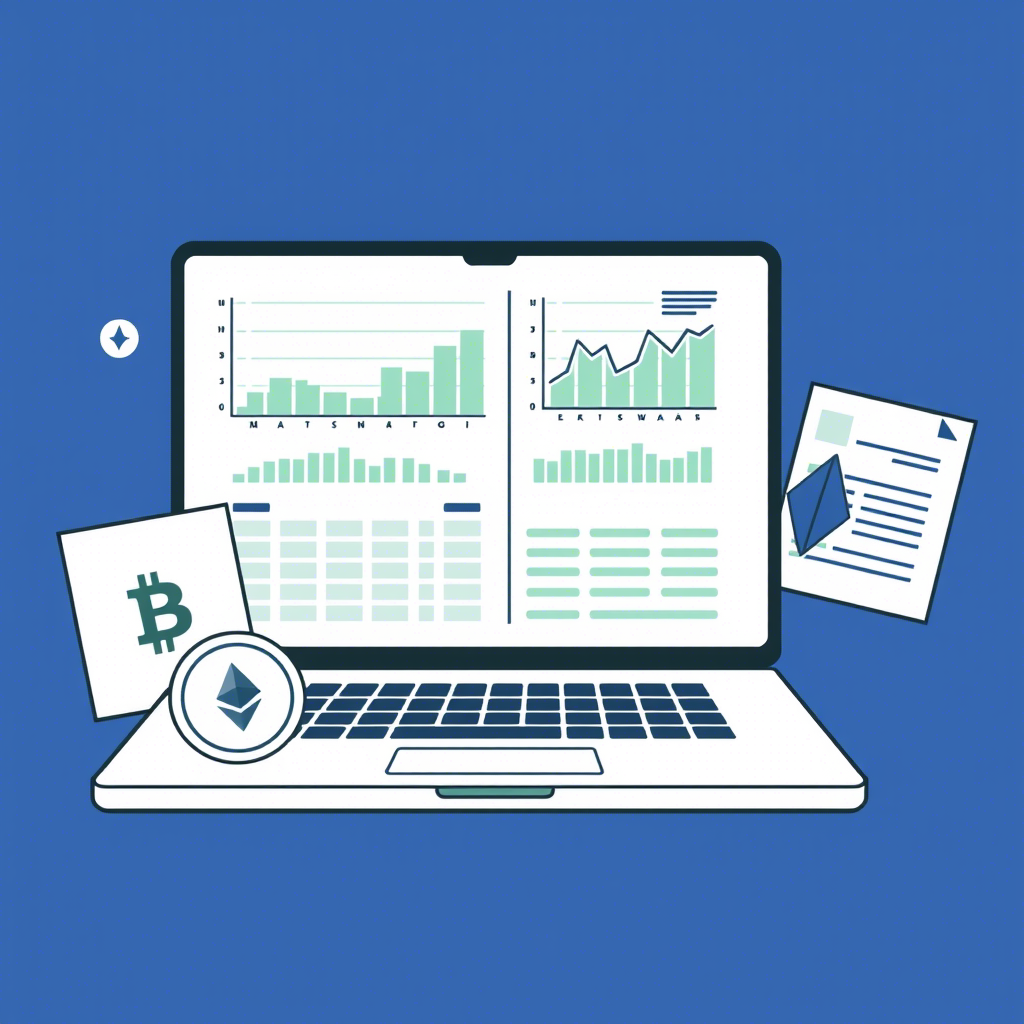Decentralized Finance (DeFi) is rapidly evolving, driven by innovations in blockchain technology, AI, and interoperability solutions. Future trends include the rise of cross-chain DeFi platforms, layer-2 scaling solutions, regulatory advancements, integration of AI-driven financial tools, and the expansion of decentralized insurance. These developments aim to enhance accessibility, efficiency, and security in DeFi, fostering greater financial inclusion and transforming traditional financial systems.










